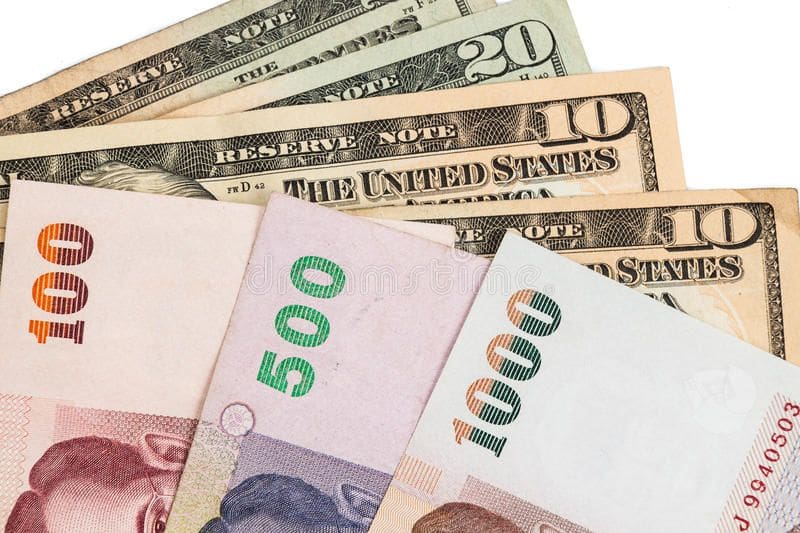Thailand on US Treasury’s “watchlist” for suspected currency manipulation

Thailand is now on the United States Treasury’s “monitoring list” for suspected currency manipulation, unfair policies to gain an advantage in international trade.
Vietnam and Switzerland were both labeled currency manipulators in the US Treasury’s recent report “Macroeconomic and Foreign Exchange Policies of Major Trading Partners of the United States.” Along with Thailand, the Treasury also added Taiwan and India to their watchlist which includes China, Japan, Korea, Germany, Italy, Singapore and Malaysia.
US Treasury Secretary Steven T. Mnuchin said in a press release that the department will take a “strong step today to safeguard economic growth and opportunity for American workers and businesses.”
“Treasury will follow up on its findings with respect to Vietnam and Switzerland to work toward eliminating practices that create unfair advantages for foreign competitors.”
To be labelled a currency manipulator, a country must meet all 3 criteria under the Trade Facilitation and Trade Enforcement Act of 2015:
- A more than $20 billion USD bilateral trade surplus with the US
- Foreign currency intervention exceeding 2% of GDP
- A global currency account surplus exceeding 2% of GDP
Thailand met 2 of the 3 criteria, putting the country on the US Treasury’s watchlist. According to the report, Thailand has a material account surplus and a significant bilateral trade surplus.
Strike 1…
Thailand’s run current account surpluses since the 1998 Asian financial crisis. Between 1998 and 2019, the surpluses averaged at 4% of the GDP. In 2019, the account surplus reached 7%. With the collapse of tourism receipts, brought on by the Covid-19 pandemic, the current account surplus moderated to 6% of GDP.
Strike 2…
This year, Thailand’s bilateral goods trade surplus with the US continued to grow, reaching $22 billion USD and exceeding the limit set by the US Treasury.
“Thailand should allow the baht to appreciate to help reduce its large and durable external surpluses. The authorities should also take steps to reduce Thailand’s external imbalances through policies that encourage private investment, reduce precautionary saving, and promote greater openness in domestically oriented sectors.”
To read the US Treasury’s report, click HERE.
SOURCES: Reuters | US Treasury
Catch up with the latest daily “Thailand News Today” here on The Thaiger.
Latest Thailand News
Follow The Thaiger on Google News:


























